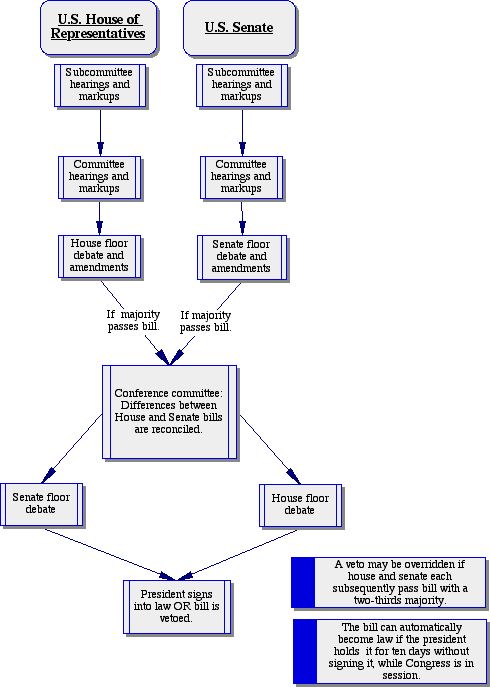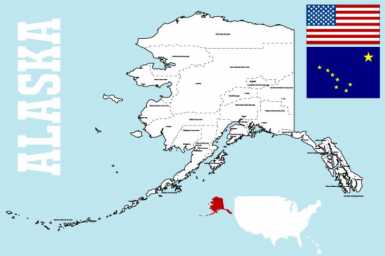Who can take a newborn to a Safe Haven. If you work in a hospital urgent care fire or police station or are an ambulance driver you can accept a surrendered infant as long as the baby shows no signs of abuse and appears to be younger than 30 days old.
 Changes To Safe Haven Law Go Into Effect
Changes To Safe Haven Law Go Into Effect
The Tennessee Safe Haven law allows mothers of newborns to surrender unharmed babies to designated facilities within two weeks of birth without fear of being prosecuted.

Safe haven laws by state. Safe Haven laws protect babies and the person relinquishing them The general rule is that if a parent drops an unharmed newborn off at a designated Safe Haven location and. As a general rule no other individual may surrender the infant. 23rd Instance of Safe Haven Law Occurred.
Infant safe haven laws. With the law passage mothers can also take babies to a fire station police station or EMS. Many State legislatures have enacted legislation to address infant abandonment and endangerment in response to a reported increase in the abandonment of infants in unsafe locations such as public restrooms or trash receptacles.
26th Instance of Safe Haven. As long as the baby. Or in an appropriate and safe location and immediately notifies an appropriate person regarding the childs relinquishment and location of relinquishment.
The parents - or someone acting on their behalf - can leave an unharmed baby less than 30 days old with staff at any hospital emergency room police station fire station ambulance first aid or rescue squad. 22nd Instance of Safe Haven Law Occurred Today. The Secret Safe Place for Newborns of Tennessee Help Line is.
All states have some sort of Safe Haven law also known as a Baby Moses law or a safe surrender law which allows a parent to surrender their baby to someone at a designated location without fear of being charged with abandonment. It is a confidential service. It allows a birth parent to leave an infant up to 30 days old with.
This publication is a product of the State Statutes Series prepared by Child Welfare. Safe haven laws have been created by some states to allow birth parents a safe anonymous and non-punishable way of relinquishing a newborn baby. Department of Health and Human Services Childrens Bureau.
Click on your state below to learn more about your states requirements and approved Safe Haven locations. And its employees volunteers and medical staff are immune from any criminal or civil liability for accepting or receiving a newborn according to the Safe Haven lawsvii. For example in most states either parent of the infant may legally surrender the infant to a safe haven.
Safe Haven Youth Returning to Florida and Update on 5-year-old Left on November 13. A Safe Haven Law is a law that allows a person to legally surrender an unharmed infant at certain locations that are specifically designated by law. Per the information contained in state Safe Haven Laws through December 2016 the specifics about who may legally surrender an infant under Safe Haven Laws vary by state.
Each state has its own unique Safe Haven law. New Jerseys Safe Haven Infant Protection Act allows an individual to give up an unwanted infant safely legally and anonymously. Accept A Surrendered Baby.
Safe Haven laws were primarily. In most states however these laws only apply to the infants parent or an agent of the parent. In most cases parents can leave newborns in safe locations without having to disclose their identity or without being asked questions.
A medical worker in a hospital. Infant Safe Haven Laws. Infant Safe Haven Laws.
25th Instance of Safe Haven Law Occurred. While each law has similar components the age and location restrictions differ per state. A hospital federally designated rural health clinic or fire station.
New York Safe Haven Laws In New York a person cannot be prosecuted for abandonment of a child if that person leaves a child not more than five days old with an appropriate person. Safe Havens provides a new option. Currently all 50 states have safe haven laws on the books varying between the age limit persons who may surrender a child and circumstances required to relinquish an infant child.
A peace officer at a law enforcement agency. These laws provide for safe locations where parents can deliver their newborns and where the newborns will be. A medical worker at a fire department or other emergency service organization.
24th Instance of Safe Haven Law Occurred. In KY hospitals are not always near and although Secret Safe Haven states that a baby should be taken to a hospital there are cases that a mother can not reach a hospital so the other safe places do work. Summary of State Laws wwwchildwelfaregov child17 In addition four States Illinois Missouri Utah and Wyoming require the department to check the putative father registry before a termination of parental rights petition can be.
Beginning in Texas in 1999 Baby Moses laws or infant safe haven laws. The District of Columbia did not enact Safe Haven Laws until 2009.





